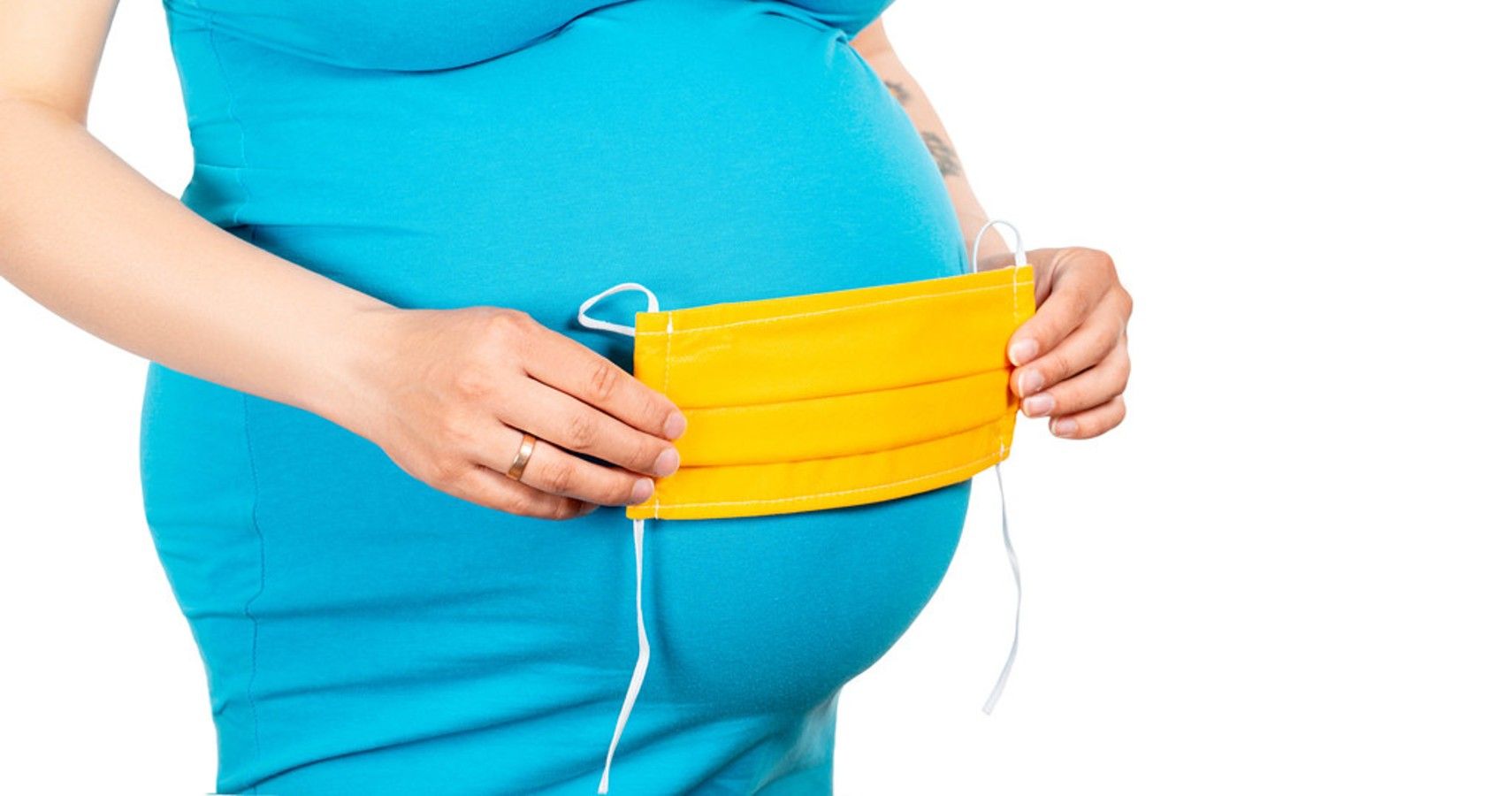The pandemic brought to light just how fragile mental health is for both adults and children alike. To determine just how affected these populations were over the past year, a study has been conducted to investigate just how the pandemic impacted parents' and babies' mental health both during and in the months after pregnancy.
Researchers from the University of Cambridge, The Cambridge University Hospitals Trust, and the University of Oxford conducted a study to determine how the pandemic affected pregnant women and their babies when it came to mental health.
The study, which was published on medRxiv until it is peer-reviewed, was found to be necessary given the unprecedented nature of the pandemic. For over a year, physical support for those who were expecting was limited because of social distancing, financial stability was altered for many families, and medical support given to women during pregnancy was not as robust as it had been in years past, according to News-Medical.net.
Given these factors, researchers wanted to determine to what degree pregnant women's mental health was impacted. Further still, they wanted to see how that impact manifested itself when it came to how mothers and their babies interacted and if that interaction had any effect on babies' mental health as well.
The study, given the name COVID in the Context of Pregnancy, Infancy and Parenting (CoCoPIP), started in July 2020. Participants were asked to fill out a survey online that asked questions about parental stressors.
The 1,700 families that participated provided answers regarding topics such as financial security, whether they contracted COVID, and the support that was available during pregnancy and after the baby was delivered, according to Medical Advise. Further questions were asked about how these factors affected the "growth and development" of babies as well.
Participants were followed for up to 18 months after the birth of the baby, which allowed parents to observe over time how cognitive and social development appeared to be affected during the pandemic. Wanting participants to be as specific as possible, according to News-Medical.net, parents were able to write "free text" about what they witnessed about their babies.
Not surprisingly, pregnant women reported that their levels of anxiety and depression skyrocketed during the pandemic. From having prenatal appointments changed to being virtual appointments or canceled altogether, to family and caregivers being unable to provide support because of social distancing, facing financial instability, increased incidents of domestic violence, decreased mental health services, partners not being allowed in the delivery room, parents not being able to visit babies in the NICU with any frequency, canceled postnatal checkups, and fear of contracting COVID itself, most felt their mental health suffered dramatically, according to Medical Advise.
And because maternal stress has ill effects on a baby in utero, pregnant women were not the only ones affected by their heightened anxiety.
According to WebMD, when pregnant women are under chronic stress, it can negatively affect their baby. This is because the cortisol that is released by stress puts the babies at a higher risk for changes in brain development, being born preterm, and being born at a lower birth weight than those babies whose mothers were not chronically stressed.
Further still, according to News-Medical.net, when mothers are inundated with feelings of stress and depression, their connectivity with their babies is lessened. And over time, this can cause babies to share less, feel less, have low levels of concentration, and face a greater risk of depression as they age.
Researchers are still finalizing their results of the study. But what is clear from the data collected thus far and other studies data on similar topics is that pregnant women and their babies did not get through the pandemic unscathed. Therefore, resources need to be put into place so that if mental health support is needed in the future, these populations can easily access it.
Source: News-Medical.net, Medical Advise, medRxiv, WebMD

